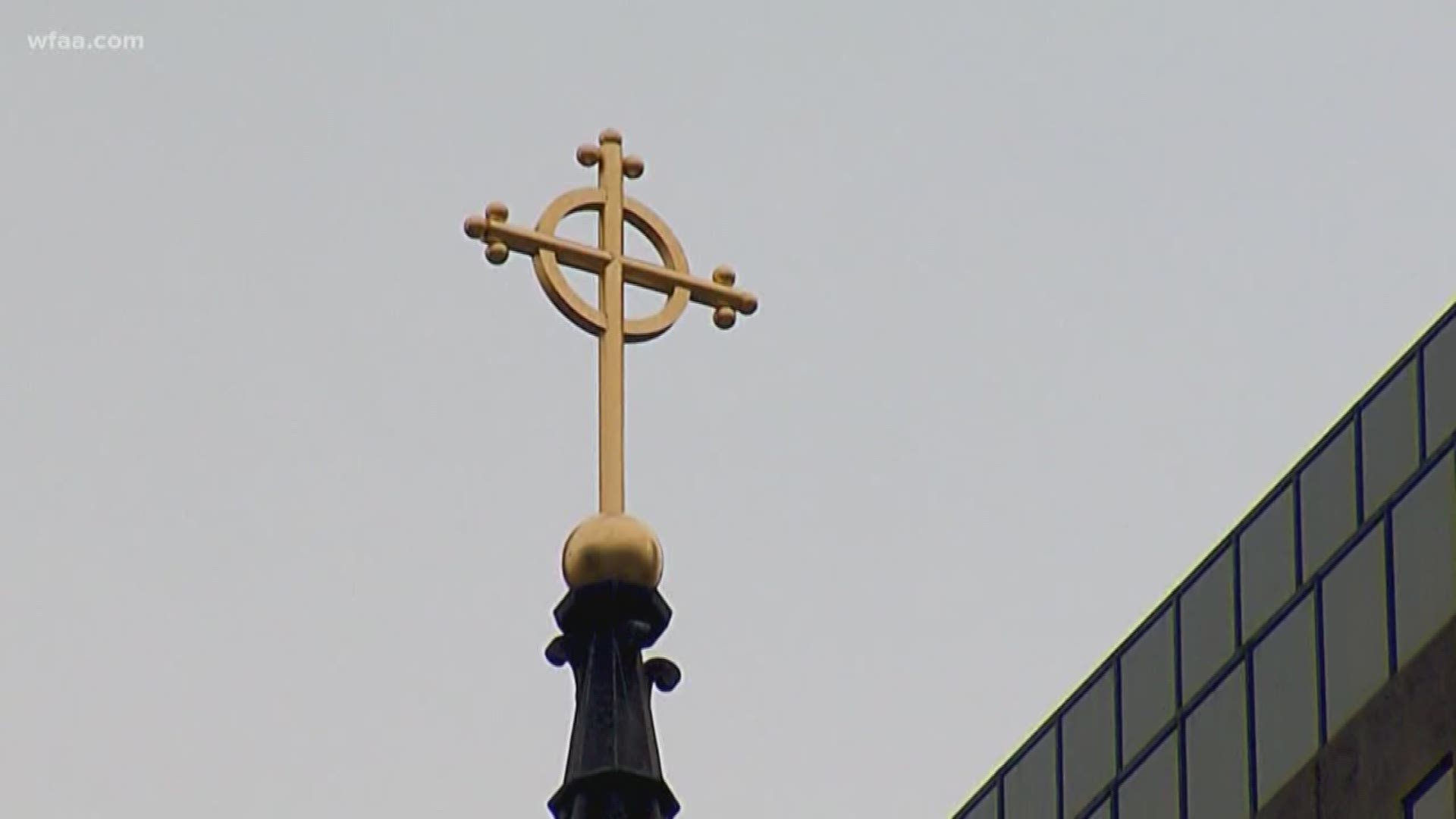On Palm Sunday, a week before Easter, churches across Texas were empty again.
This past week, Governor Greg Abbott labeled worship an essential activity in an order that overruled some county rules banning the services.
There were restrictions in areas with substantial spread of COVID-19 and advice to follow CDC guidance, but some local government officials took the extra step to reach out to religious leaders asking congregations to not meet.
“We have been talking to lots of fellow pastors, reading a lot of blogs, doing everything we can to be as effective as possible,” Pastor Tyler Gillit of Worth Baptist Church in Fort Worth said.
Like many, he’s moved service online, seeing it as an opportunity.
“I think we’re having more people tune in to our services now than would have walked through our front door,” he said. “I think from this point on it’s going to be a big part of our life and a big part of how churches minister in the days ahead."
Pastor Randall Easter moved his Wise County congregation outdoors. Some people stay in cars and the service is streamed, but there are no rules on where to stand. Governor Abbott and others had recommended using AM or FM signals for those congregations with a strong desire to meet in person.
“There was concern, but again, we couldn’t not meet,” Easter said.
He’s even seen new faces that have migrated from churches closed on the advice of medical experts.
“What we do is not in opposition or condemnation to any other church,” he said. “Every church has to make their own decisions.”
RELATED: Frisco church places photos of members in empty pews to remind congregation they're still a family
The Catholic Diocese of Dallas felt gathering, even on a holy week and even using radio signals, could be dangerous.
“This is the most important time of the year, the center of our faith,” Greg Kelly, the auxiliary bishop for the diocese said. “Because of the nature of this virus, it’s just not safe to be together in large numbers.”
Congregations are apart on these weeks known for ritual and community, but are hopeful and keeping the faith that their sanctuaries will be filled again.
“Nobody knows exactly what’s going to happen, and nobody knows exactly when we’re going to be able to meet on our campus again,” Gillit said.

